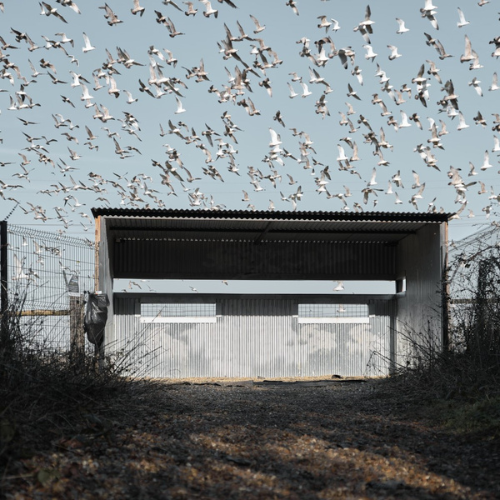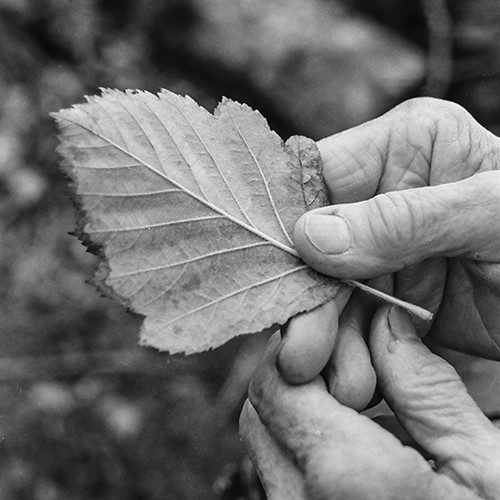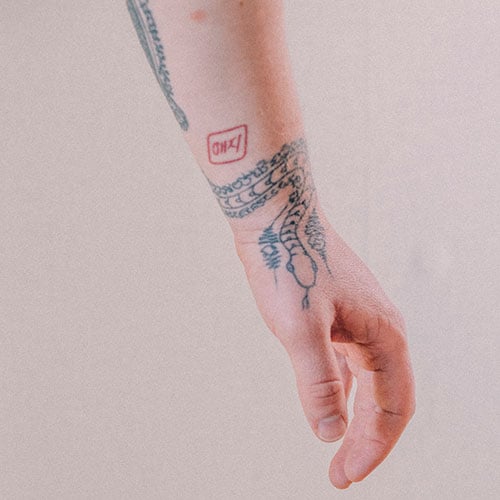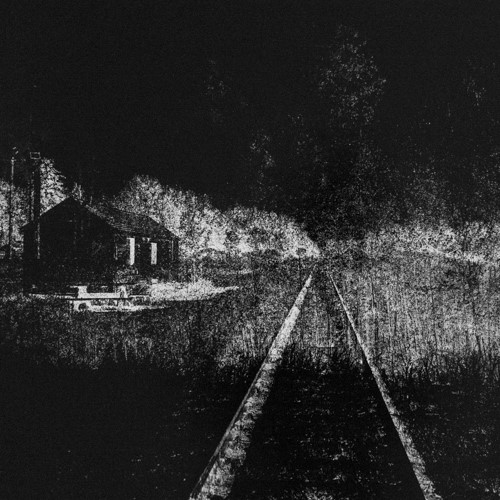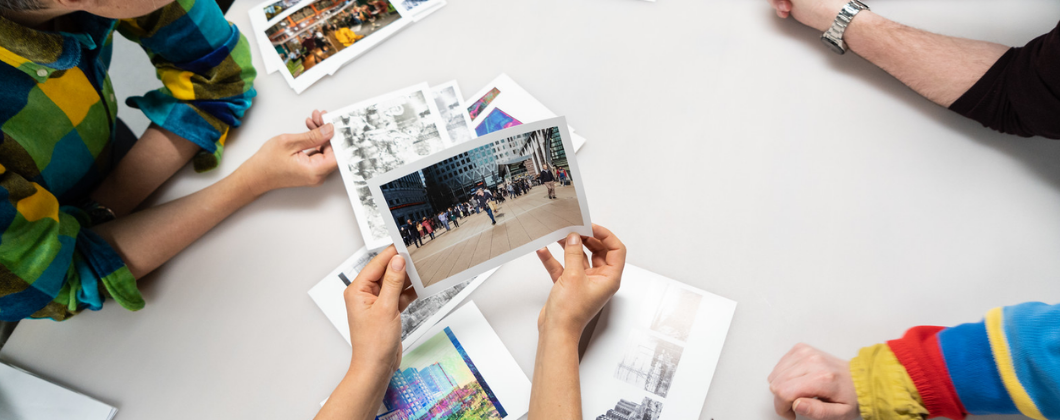By Jesse Alexander, Course Leader for the BA (Hons) Photography Top Up and MA Photography degrees
Graduates of our BA(Hons) Photography Top Up and MA Photography degrees can use their creative and technical skills to thrive in a range of career paths. You’ll gain a clearer idea of your interests and develop a distinctive voice, allowing you to either focus on a photography specialism that suits you, or branch out into exciting related areas.
It is also worth bearing in mind that all creative arts degrees promote fundamental, transferrable skills including critical thinking, problem-solving, creativity and innovation – all of which are in the World Economic Forum’s top five skills priorities.
Professional photography can be a lucrative field that gives you an opportunity to earn an income doing what you love. In practice, there are relatively few full-time photographer roles, and the overwhelming majority are self-employed or ‘freelance’, working for a range of clients.
Whilst some will find a particular niche or specialism that is sustainable and fulfilling, most freelance photographers have ‘portfolio careers’, and their work might be comprised of a combination of some of the roles outlined here. Although day rates for freelances can be high, establishing a steady, reliable stream of clients and contracts can take several years to establish.
Whether you seek out a path towards commercial or editorial photography, or see yourself working within the art world and cultural industries, a good undergraduate degree will equip you with the tools you need to carve out a career within this ever-evolving medium. Here are just a few of the career paths that photography graduates will take:
As a staff, or ‘in house’ photographer, you would specialise in a particular industry. This could involve photographing technical aspects of an organisation’s operations, providing imagery for press and public relations, or photographing merchandise for e-commerce. You could find yourself performing quite repetitive tasks on an industrial trading estate or you might find yourself working in a nightclub or on a cruise ship. You may be a staff photographer for a magazine, newspaper or news agency (a photojournalist), sent out on new assignments every day. There are other specific roles, such as medical photographer or military photographer, that are usually arrived at through different training routes and have specialist vocational qualifications attached.
As the name suggests, staff photographers are employed by an organisation. The increased job security you’ll have (that freelance photographers don’t) means that entry salaries are relatively low. In the majority of cases, your employer will own the copyright of all the photographs you take whilst in their service, although you’ll usually be allowed to keep copies of your photographs for your portfolio.
Photography in the commercial or advertising sector sells products or services and influence a consumer audience. A commercial photographer could be working on location or in a studio, and the range of clients and subjects is endless. In this role you’d usually be briefed by a company or advertising agency who carefully consider how the imagery will effectively motivate the audience to inspire a purchase.
Graduates who want to work in this area usually take time to build up their client base and establish long term relationships. Commercial photography is the most lucrative area of photography, with those at the top of their game charging very high day rates.
Whilst working for another photographer might not sound that exciting, assisting is an excellent way to gain real expertise in a specialism – particularly within commercial photography. Assistants can perform a range of tasks to ensure a shoot goes smoothly from start to finish; from pre-production set building or prop-buying to working with lights, camera equipment and working on images post-production. Assisting also brings you into contact with a range of other professionals from across the creative industries, including stylists and art directors. This can be a great environment to learn how to operate professionally and gain a practical understanding of how the industry works.
Assistants’ duties may include administrative tasks, and many will go on to become studio managers, liaising with clients, managing workflow and ensuring they get paid. Being part of a great team with interesting clients and shoots can be extremely rewarding. Experienced assistants working on big-budget commercial shoots can even command day-rates that are comparable to commercial photographers working with smaller budgets.
Editorial photographers work across all varieties of magazines and publications to provide photography for features and stories, either working in conjunction with businesses or service providers, or commissioned by the magazines or newspaper. As the name suggests, editorial photography is made for a specific publication of some kind. You’ll spend your time photographing diverse people, products and places, and some exciting events too. This is a competitive and fast paced arena that’s ideal for those who are creative, innovative, and will be excited by the prospect of no two jobs or days ever being the same.
 © Jesse Alexander
© Jesse Alexander
If you are as passionate about sharing photography with others as you are about taking pictures, then working in education might be the right field for you. As well as equipping you with the subject knowledge to teach at school and further education level, there is a broad range of other teaching contexts where you can pass on your expertise, from community workshops to training programmes in specialist industries.
Although image libraries have millions of photographs in their collections for immediate use, many photographers continue to make a very good living through selling their work this way. Commercial and editorial photographers are often able re-sell work produced for assignments at a later date through stock agencies, depending on agreements made at the time. But if you have an entrepreneurial disposition and can design and produce the kinds of imagery that businesses and publishers need, almost before they realise they need it themselves, then this area could be for you. You’ll be able to turn your research and visual literacy skills to imagery that is current and will work on multiple platforms.
 © Jesse Alexander
© Jesse Alexander
With the accessibility of photography today, people are rightly demanding distinguished styles and innovative approaches from the photographers they hire, which you’ll be able to fulfil with your confident and creative risk-taking as a photography graduate. If you love meeting new people and enjoy the buzz of families, parties and special occasions then you could find a fulfilling career as a social photographer, shooting portraits, weddings and documenting other private events. Being good with people is essential in this role, as you’ll need to be able to make people feel comfortable around you and work confidently in a range of settings.
Wedding photography is a staple of many photographers, especially when trying to establish editorial and commercial careers. These can be well paid but you will be put through your paces. They are great for teaching you how to stay calm and work under pressure, and how to organise and direct large groups of people. But there is a whole range of occasions and rituals that people of all cultures will want professional pictures taken of, requiring a broad range of skills, from engagement portraits to boudoir… funerals to online dating profiles.
 © Jesse Alexander
© Jesse Alexander
If you’re interested in the wider strategy behind commercial photography and advertising, you could pursue a career in art direction. This role is wide-reaching and typically leads and oversees brand strategy and creative vision for a brand or organisation’s campaign. On a shoot, the art director will ensure the photographer understands what’s trying to be achieved, and has overall authorship of a project. As an art director you’ll also have an eye for typography and layout, and consider all types of content and how they work together to achieve the client’s goals.
Art directors require skills in project conceptualization and marketing, and possess a willingness to take creative risks to ensure the best possible creative environment. They will typically work on a freelance basis or within a marketing agency.
If you love art and want to remain as close as possible to the art world then working with a gallery or another arts organisation in a range of possible roles could be for you. Curators need to have an exceptionally good understanding of established and upcoming trends and practitioners, and they play a key role in bringing new work to audiences.
Whilst curators conceive, research, design and organise exhibitions, they do this with a strong understanding of how the art world operates though working in other roles in the cultural sector. As with assisting commercial photographers, working in galleries, museums and arts organisations can give you a practical understanding of how the creative and cultural sectors operate.
If you love being surrounded by cutting edge imagery and you appreciate the importance of getting the right kind of photographs to tell a story, then a role in picture editing could be right for you. You’ll apply your visual literacy skills to ensure publications use imagery effectively to communicate a story. Working at a junior level, you’ll liaise with photographers, negotiating image usage and brief photographers for assignments. As your career progresses, you’ll play a pivotal role in developing a publication’s brand and ideology through how it uses photography.

© Jesse Alexander
A photo editor or retoucher typically works to specific deadlines and ensures high volumes of edits are carried out efficiently. These include fairly minor alterations such as colour adjustments and cosmetic enhancements, but can be complex manipulations and sophisticated photomontages. If you love getting creative with image editing and manipulation software and have a strong imagination then this puts you in a great position to work as a retoucher, whether on a freelance, in-house, or agency basis.
.webp)


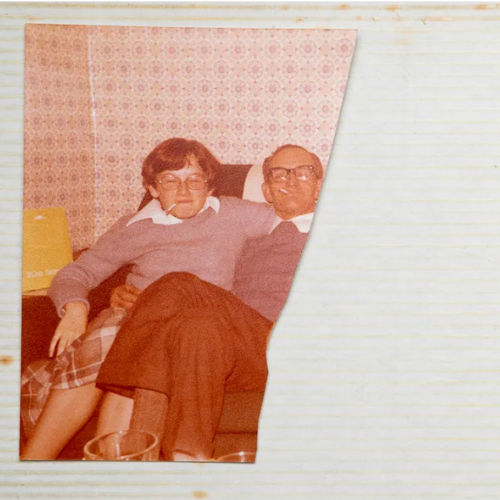
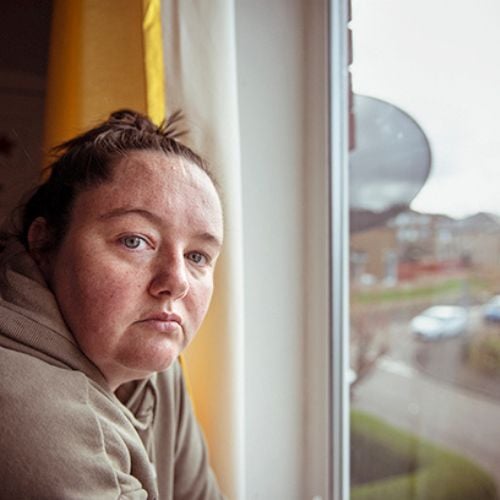
.jpg?width=500&height=500&name=Sofia%20Conti%20500x500%20(1).jpg)
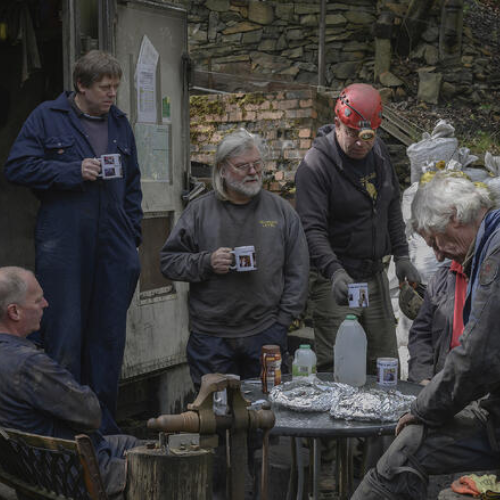
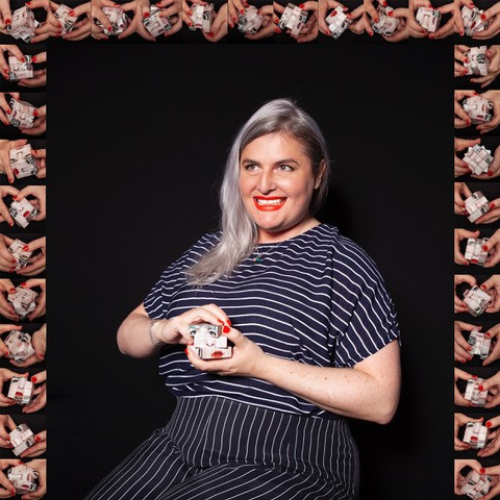
.jpg?width=500&height=499&name=Justin_Carey_Photography_All%20Hurt%20(for%20Falmouth%20-%20500x500px).jpg)
